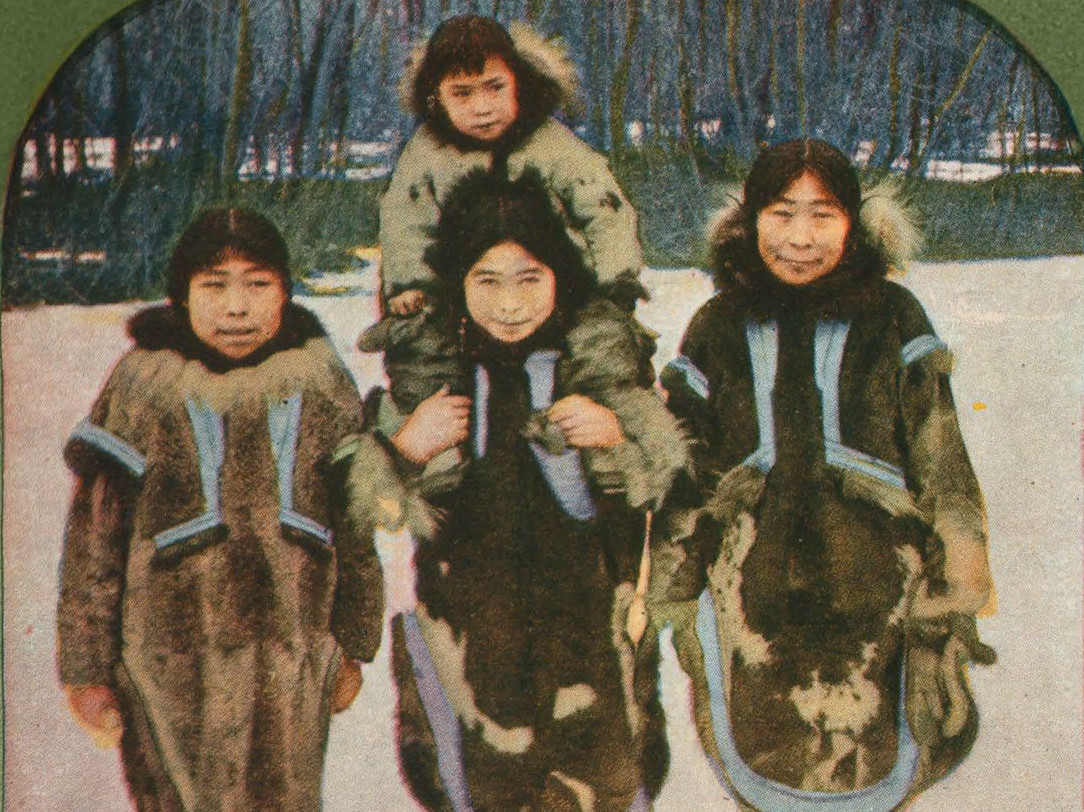
Current Issue - Volume 28, Number 2, Fall 2024
In this issue we welcome Patricia Schechter as the newest editor of WASM. The issue features the third and final installment of Indigenous Women's Voices in North America, American Empire, and the Global South, 1820-2020: A Syllabus with Documents. Mary Renda's introduction to the second and final installment of this syllabus project has a particularly useful discussion of language, vocabulary, and categories of analysis. In finding ways for students to make both generalizations and distinctions, Renda discusses words from academia, journalism, and activism in order to situate them with care in the protean domain of imperial and international relations across time and place. The three document projects released in this issue comprise the three sections of this final installment. Authors Brandy Thomas Wells, Rachel O'Donnell, and Jill Jensen highlight topics including discourses about and resistance to colonialism and the relationships between indigeneity, gender, and structures of power. This issue also features ten new book reviews.
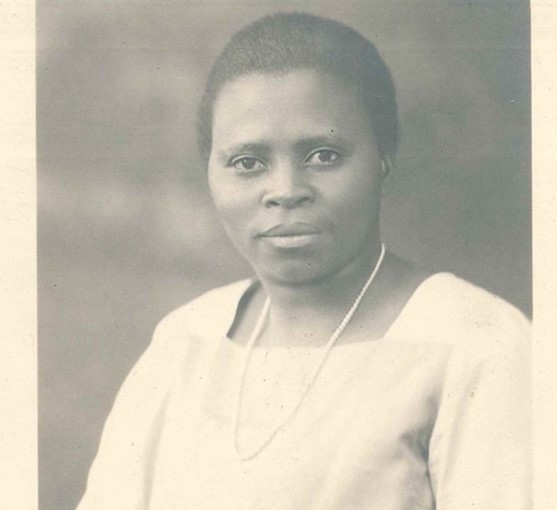
A Black South African/Zulu Woman Speaks to American Audiences in the 1920s: Sibusisiwe Makhanya 1894-1971
This document project, by Brandy Thomas Wells, highlights connections across the Atlantic, as Wells describes the anti-colonial activism of Sibusisiwe Makhanya (1894-1971) of South Africa, one of the first Zulu women to reach English speaking audiences in the 1920s. This project reminds us of the foundational if ambivalent power of missionary discourses. Mkahanya's parents were early converts to Protestantism after the pacification of the Zulu by the British in the late 19th century. Yet Thomas Wells demonstrates through Mkahanya's work that Christian conversion entailed important elements of cultural resistance and continuity for the Zulu. A graduate of Inanda Seminary in 1908 Mkahanya was something of a marriage resister and she pursued teacher training that took her all the way to Tuskegee Institute in Alabama, Schauffler College in Ohio, and Columbia University in New York. Back in Africa, she founded important organizations that fed nationalism and anti-colonialism, notably the Bantu Purity League, traveling widely to establish branches to serve young people and secure for them resources to survive and resist domination in a changing world. Thomas Wells helps us to consider this bi-cultural figure who might be seen as "conservative" today as a pioneer in both anti-racism and anti-colonial politics in her long and unjustly neglected career.
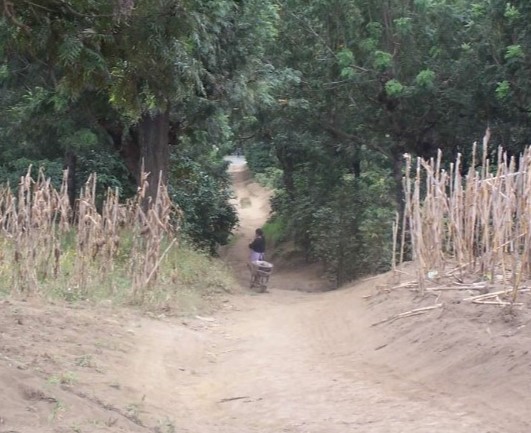
Maya Women Speak about Warfare and Community in Guatemala in the 1980s
This document project, by Rachel O'Donnell, explores testimonios by Guatemalan women, notably touching the civil war (1960-1996). This protracted conflict entailed countryside killings in 1980-82 now regarded as genocidal toward the indigenous Mayan population. The testimonios take multiple forms and they carry the imprint of colonial practices in the area. Guatemalan law segments society into ladinos (landowners of Spanish ancestry) and indigenous (Maya) groups. O'Donnell highlights the ways in which indigeneity stands in complex relationship to gender. Mayan women were often the focus of government assimilation/repression, due to their historic (and resistant) distance from education, missions, and the waged labor market. Women's traditional clothing, foodstuffs, and ritual practices were targeted for repression by the state. The government's war against guerillas also attacked the largely female support network for Maya resistance, doubling down on violence and terror. Ironically, the effect of state repression was to spread resistance more consistently among the rural population as a whole, highlighting and binding the gendered dimensions of the struggle.
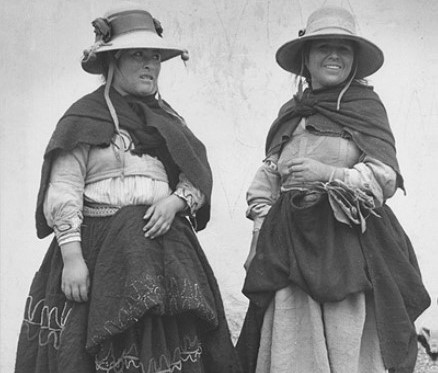
'There is No Development without Women's Participation': Indigenous Women in the Americas
This document project, by Jill Jensen, traces lines of intellectual and political development for "indigenous women's feminism" from a hemispheric perspective. Two critical nodes for articulation were the world wars and the "status of women" discourses that emerged among the western colonial powers viz their colonial or postcolonial relations. In the 1920s the League of Nations and the International labor organization provided settings for points of intellectual connection and exchange on issues of specific concern to indigenous women, like human trafficking. World War II and decolonization eventually ushered in another, more sustained set of spaces and institutional relations for women to connect across lines of empire. Most conspicuous among these touch points were the UN Conferences for Women: 1975 in Mexico City and 1985 in Nairobi, Kenya, and 1995 in Beijing China. Throughout, Jensen highlights the tensions between "development" discourses favored by the west and resistance traditions among indigenous women, notably "guardians of knowledge" and the long struggle to painstakingly forge common ground for mutual understanding and cooperative projects.
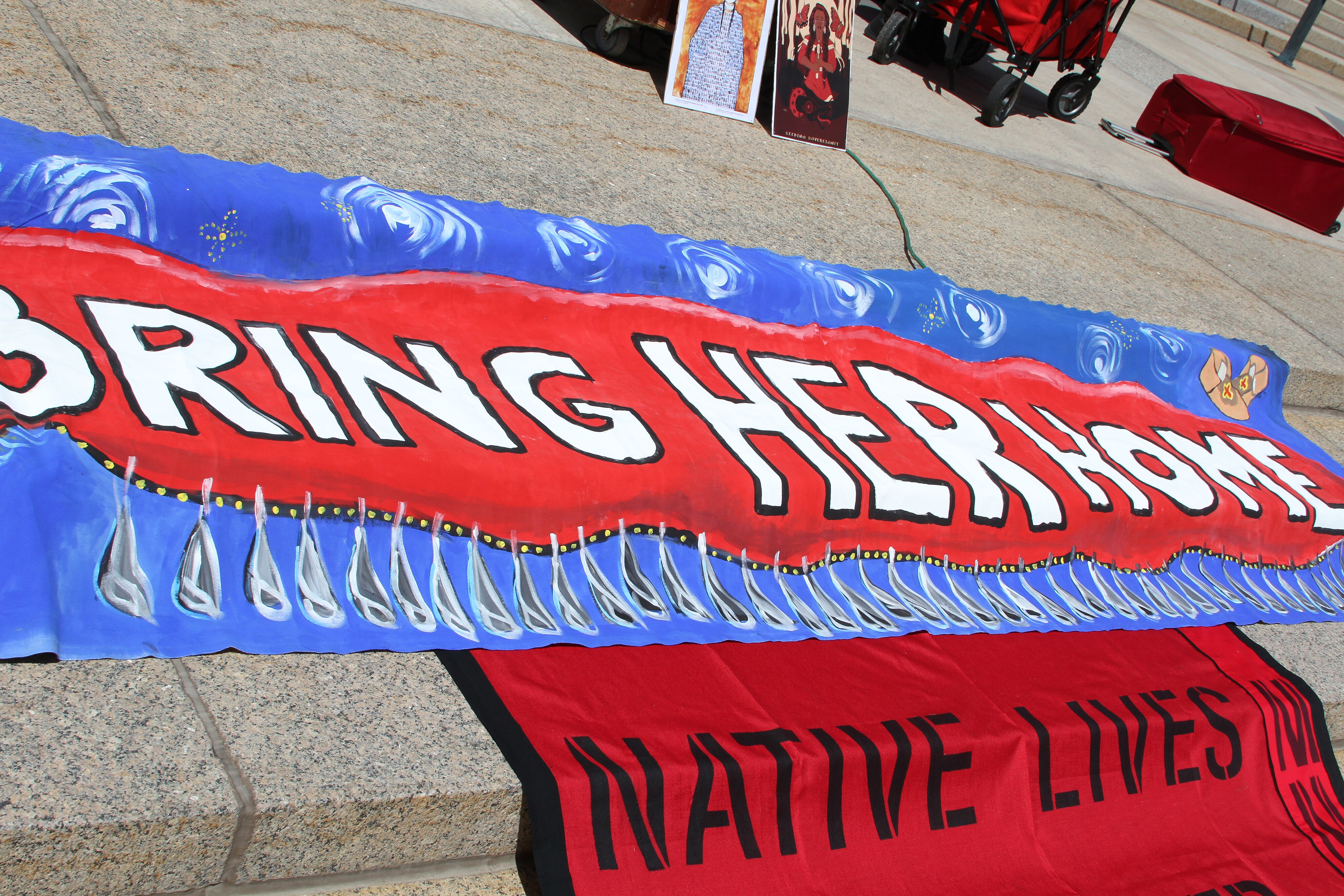
Indigenous Women's Voices in North America, American Empire, and the Global South,1820-2020: A Syllabus with Documents
The history of Indigenous women is a rapidly-developing field of study that focuses on specific cultures in specific times and places. Overviews are difficult to construct, particularly at this early stage of the field's development. This syllabus is designed to meet the need for an overview that can introduce scholars and students to the field. It offers seven examples of the new scholarship on the history of Indigenous women, organized by scholars who have collected documents that bring us the voices of Indigenous women in different times and places. Each set of documents is accompanied by a scholarly introduction to the historical context, and each document contains a headnote about the document's origin. Each section also offers a bibliography of related readings and questions for further discussion. This structure is similar to the document project format that Women and Social Movements in the United States (WASM) has originated; functionally we are treating each section of the syllabus as a document project. All sections of the syllabus, as well as the preface and introductions to each installment, can be found gathered on this page.
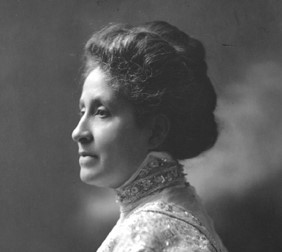
What Was the Relationship between Mary Church Terrell's International Experience and Her Work against Racism in the United States?
This document project, by Alison M. Parker, explores how Mary Church Terrell's international experiences and perspectives were reflected in her analysis of race relations and her call for racial justice in the United States. Terrell returned from her European visits with anti-colonial insights and fresh ammunition in her struggle against American racial prejudice. Her international experiences and perspectives allowed Terrell to approach the fight for civil rights as a broader, linked struggle for all women and people of color around the world.
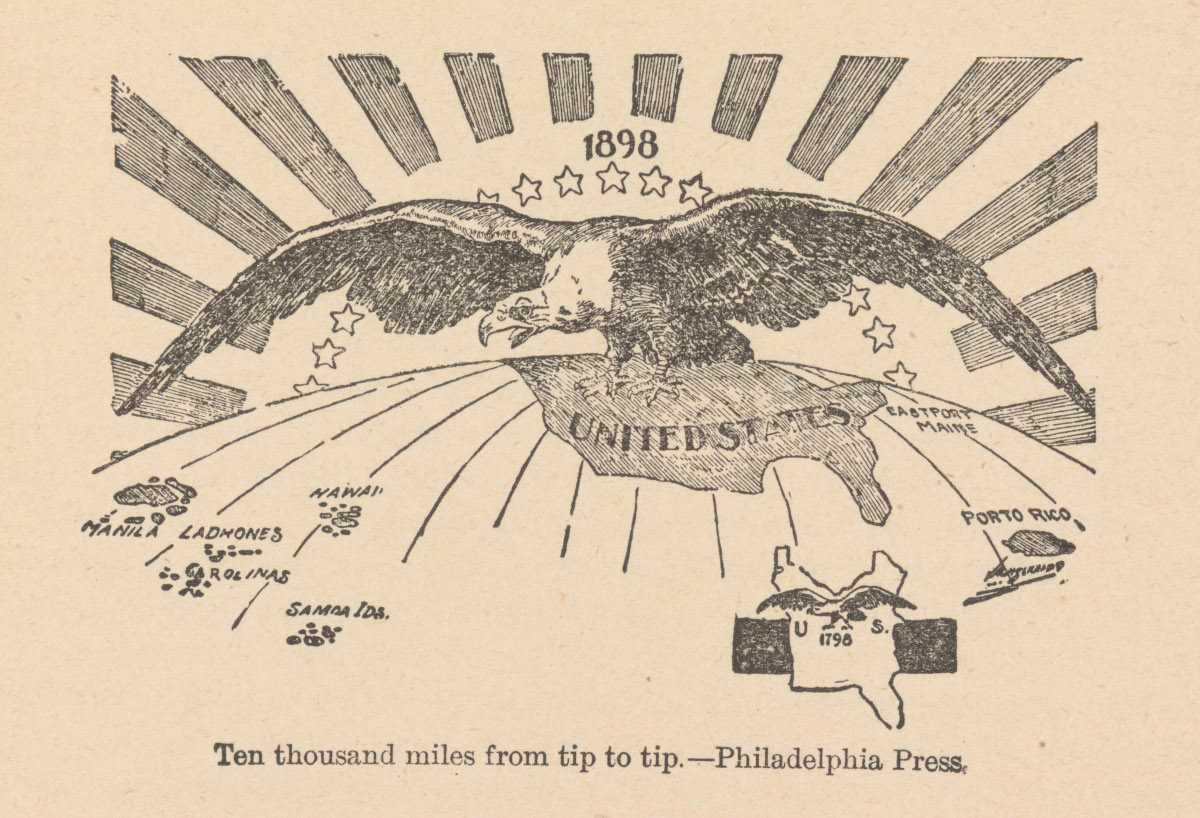
The Empire Suffrage Syllabus
#EmpireSuffrageSyllabus seeks to enrich our historical understanding and pedagogy by placing the U.S. suffrage movement in a much broader context—temporally, thematically, and geographically—than it has traditionally been conceived. Viewing the struggle for the vote as only one piece of women’s quest for greater power, the project charts the expansive scope of women's political activities, focusing in particular on their involvement in a wide range of social movements. Above all, it insists that recognition of the U.S. as an empire and an appreciation of the intertwined development of democracy and imperial power is crucial for understanding how, why, and when some women obtained the vote, while others did not.
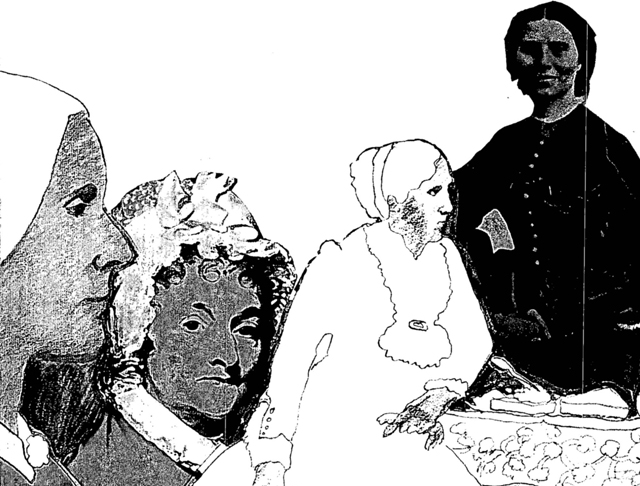
Notable American Women
This five-volume biographical dictionary, the first large-scale scholarly work in its field, grew out of a commitment to women's history which Radcliffe College originally undertook in 1943. That year the suffrage leader Maud Wood Park, a Radcliffe graduate of 1898, gave the college her woman's rights collection, including her own papers, those of many co-workers, and material she had gathered on the whole history of the woman's rights movement. Two Harvard historians, W. K. Jordan, then president of Radcliffe, and Arthur M. Schlesinger, a member of the college Council, Radcliffe's top governing board, saw the gift as an opportunity for a women's college to make a special contribution to scholarship. Under their guidance the collection by 1950 had grown into the Women's Archives, a research library for the study not merely of the suffrage movement but of all phases of women's activity in the American past.


